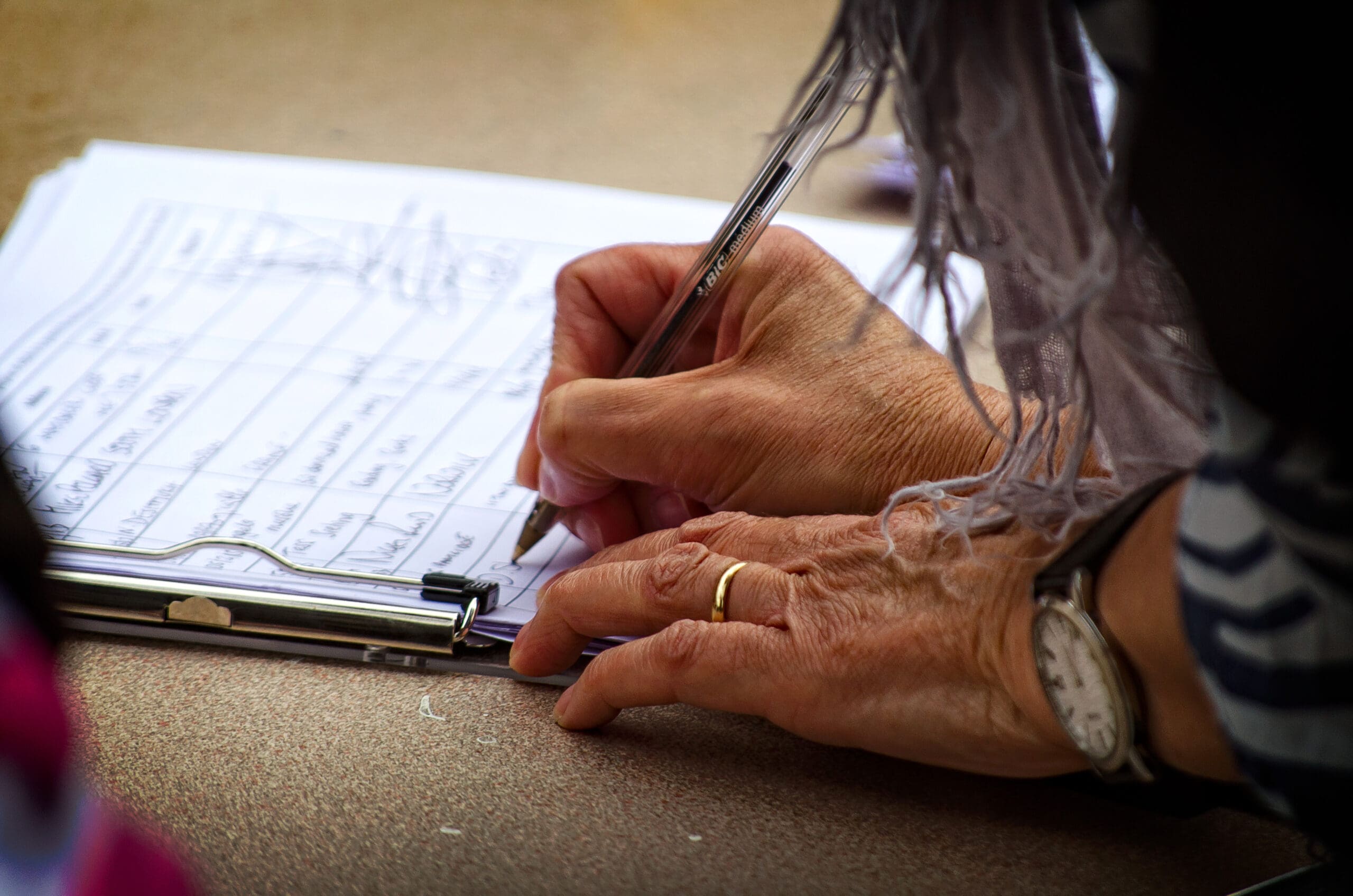Government Finance
Our publications are available to all at no cost. Please support the CCPA and help make important research and ideas available to everyone. Make a donation today.
-

Canada’s GST tax holiday won’t do much for affordability
The following article is based on speaking notes from a presentation which the author gave to the Senate Committee on National Finance. The video of…
-

The federal government still has time to improve the 2024 budget—will it?
The following text is adapted from a speech delivered by David Macdonald, senior economist at the Canadian Centre for Policy Alternatives, to the Senate’s committee…
-

Manitoba Budget Delivers on Healthcare but falls short on social deficit
For Immediate Release (Winnipeg, Treaty One Territory):
-

Tax cuts benefit men more than women
Previously published in the Winnipeg Free Press March 8, 2024
-

Revenue is needed to pay for Manitoba’s pressing problems
Previously published in the Winnipeg Free Press, March 6, 2024
-

CCPA-NS Provincial Budget Submission
Nova Scotia’s financial situation continues to improve, which means the province has the financial capacity to act on pressing issues.
-

Tax cuts true threat to Manitoba’s finances
Previously published in the Winnipeg Free Press December 18, 2023
-

Open Letter to Premier Wab Kinew and the Government of Manitoba: Invest in Manitoba and reverse the tax cuts
The following is an open letter to the Premier and Government of Manitoba. We are looking for more signatures to this letter, both organizations and…
-

Funding Our Way
1.16 MB 44 pages The last few years have been quite the ride. Navigating the ups and downs of the COVID-19 pandemic, government support, and…
-

Austerity hurts
Previously published in the Winnipeg Free Press November 13, 2023
-

Cutting straight to the bone: Austerity and Manitoba crown corporations
Previously published in the Winnipeg Free Press on August 5, 2023 On July 19, workers at Manitoba Liquor and Lotteries (MBLL) began rotating strike action…
-

Fact-Checking Manitoba Budget Claims
1. Claim: “Budget 2023 removes 47,400 low-income Manitobans from the tax rolls and saves the average family $1,000” Impact: More of the Basic Personal Amount…
Updates from the CCPA
Read the latest research, analysis and commentary on issues that matter to you.
CCPA Updates